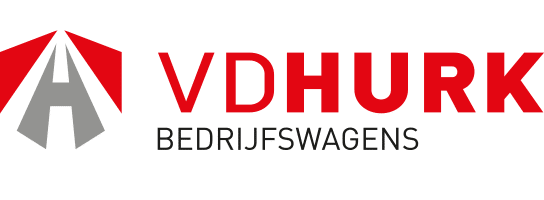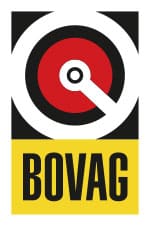How does insurance work with financial leasing?
What is a financial lease and how is it different from other forms of lease?
Financial lease is a popular option for companies that do not want to incur a large one-off expense to buy a company car. With this form of lease, you pay a fixed monthly fee, making you the immediate economic owner of the vehicle. At the end of the lease period, you become full owner.
The difference with other lease forms, such as operating lease and short lease, lies mainly in the ownership structure. With operating lease, the leasing company remains the owner of the car and you hand it back after the lease period. Short lease offers flexible term options, but often at higher monthly costs. Financial lease on the other hand, offers the security of ownership after the lease period.
Which insurances are mandatory with a financial lease?
With a financial lease, it is compulsory to take out at least third-party insurance for your company car. This insurance covers damage you cause to others with your vehicle. It is important to know that WA insurance is a legal requirement in the Netherlands.
In addition to third-party insurance, you can opt for additional policies such as hull insurance, which also covers damage to your own vehicle, or passenger insurance for extra protection for passengers. These additional insurances are not compulsory but may be wise depending on your specific situation.
How is the insurance premium determined?
The premium for commercial vehicle insurance is influenced by several factors. The value of the commercial vehicle plays a big role, as does the type of cover you choose. More comprehensive cover such as all-risk will usually have a higher premium than just third-party cover.
In addition, the driver's claim history affects the premium. Drivers with no damage history can often count on a lower premium. Your age, driving experience and the region where you live can also affect the amount of the premium.
What happens if the lease car is damaged?
If you sustain damage with your leased car, it is important to report it to the leasing company and the insurer as soon as possible. They will guide you through the claim settlement process. This usually starts by filling in a claim form in which you describe the circumstances of the incident.
The leasing company and insurer will then determine who is responsible for the cost of the damage. Depending on your insurance, all or part of the damage may be reimbursed. It is always a good idea to check the terms of your lease contract and insurance policy beforehand, so you know exactly where you stand in case of damage.
Can I choose my own insurer with financial leasing?
With financial leasing, you often have the freedom to choose your own insurer. This can be advantageous if you already have a good relationship with an insurer or if you have specific requirements that are not offered by the leasing company. However, it is important to check if there are any restrictions from the leasing company.
It may also be that the leasing company offers an attractive insurance package that is fully aligned with the lease terms. In that case, it is good to compare the costs and coverages of the different options so that you can make an informed choice that best suits your situation.
At Van den Hurk Bedrijfswagens, we understand that every entrepreneur has unique needs. That's why we offer flexible financial lease options to suit your specific situation. Whether you are self-employed or run a large business, we will make sure you hit the road with the right company car.






